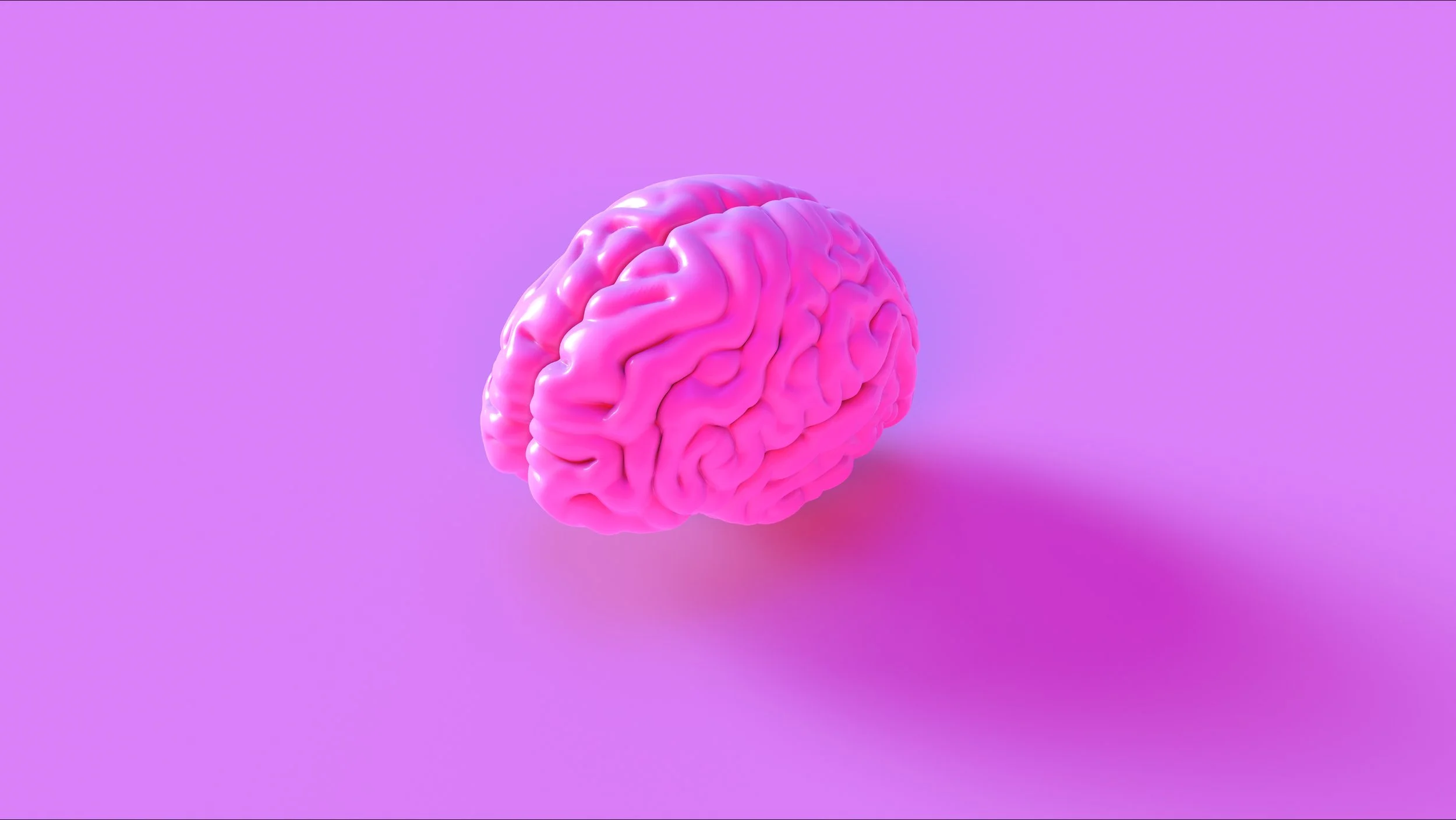Using Neuroscience to Build Your Fanbase
Artists have a superpower we don’t often talk about.
It’s less obvious than the talent we hear on recordings or see on stage. Yet it’s the reason why - through all the music industry’s ups and downs - companies, brands, and politicians move mountains to align themselves with the biggest names in music.
Music is entertainment by definition. Yet the impact our industry has on people runs a lot deeper than simply just providing amusement. Unlike most products, music creates a real emotional connection with its consumer. Sometimes that connection gives artists an almost god-like status in our minds - and sometimes it can motivate us to do things we wouldn’t otherwise do.
We all know that, sure, but understanding why takes a quick refresher from high school psychology class.
Memory 101: The Amygdala vs. The Hippocampus
Let’s talk about memory for a minute. The limbic system lives at the center of our brain and is responsible for both our memories and emotions.
You might remember that within this network is the hippocampus - where the majority of our memories are actually stored. It essentially acts like a hard drive for our brain. It also serves as a data processor for all the information we take in every day.
In the content-filled world we live in today, we overwhelm our hippocampus as we scroll through our phones, sit in front of screens, and pour an endless amount of information into our brains. It may not come as a huge surprise to know that as our hippocampus gets overwhelmed it becomes unreliable.
Another part of our brain that has a hand in memory is the amygdala. Its main purpose is to help us process and regulate our emotions, but it also plays an important role in making decisions as well as storing memories.
Not all memories (or decisions) have a connection to the amygdala - only the most important ones do. This includes major life or death decisions, but also any decision that requires emotional input. Other examples of that would be storing memories like the birth of a child, or the day you got engaged.
In some instances, the amygdala even has the ability to override other parts of the brain. Think of it like your “gut instinct.”
Why is this important to us as marketers?
Let’s be clear - we are not psychologists or neuroscientists. But being able to understand and empower the emotional connection artists have with fans is a vital tool for music marketers.
With that being said, let’s get back to oversimplifying an extremely complex subject…
If you’re lucky enough to earn someone’s attention online, that moment (a song, a post, a video) will create a new memory in that person’s brain. As discussed, that memory will live in one of two places:
The Amygdala - if the memory has an emotional connection, it gets stored in the amygdala along with all of our most important memories.
The Hippocampus - if the memory has NO emotional connection, it gets filed away in the hippocampus, along with every other bit of information.
In a nutshell, the end goal of any marketer is to create a connection to our amygdala. And it just so happens - music does just that.
Short-form content creation has become the focal point of our work over the past couple years. For better or worse, artists are now engaging with their fans in 15-30 second increments, which can make that emotional connection a lot more difficult. It’s more important now than ever though to think like a psychologist and understand what’s really motivating people to take time out of their busy day to engage with you.
What makes a connection… emotional?
When you see a reaction to something you’ve created online - there’s a finite list of things that might be motivating people to take action.
Some motivators provide a deeper level of connection than others. And some are a lot easier to tap into than others. We all know that providing someone with a sense of belonging (connection to a community) is exponentially more valuable than simply just providing entertainment (short-term amusement). But how often do we really bring that understanding into our content strategy?
Below is a list of both emotional and non-emotional connectors to get you thinking about your own approach.
Emotional Connectors
Activism (connection to a cause)
Admiration (in awe of your talent)
Affection (genuine love)
Anger (touching a nerve)
Belonging (connection to a community)
Empathy (shared feelings)
Excitement (something to look forward to)
Fear (creating a sense of panic)
Inspiration (getting encouragement)
Jealousy (wanting what you have)
Laughter (lightening the mood)
Lust (sexual desire)
Nostalgia (triggering a fond memory)
Sadness (coping with something difficult)
NON-Emotional Connectors
Boredom (passing the time)
Clique (desire to fit in)
Curiosity (wanting to know more)
Education (desire to learn)
Entertainment (short-term amusement)
Obligation (it’s the least they can do)
Sympathy (just trying to help)
Trending (not wanting to miss out)
The most successful entertainers are able to tap into an array of emotional connectors without even thinking. That connection to our amygdala is what gets us as fans to make otherwise crazy decisions like - wait in long lines, drive hundreds of miles, spend hundreds on tickets, and then buy some merch for good measure.
Challenge yourself to focus on creating an emotional connection with your audience and let us know what happens!

